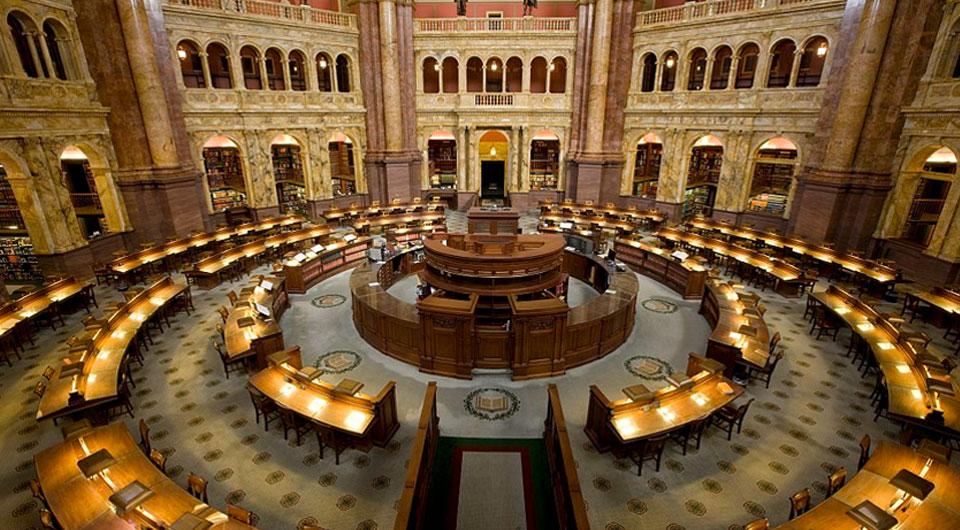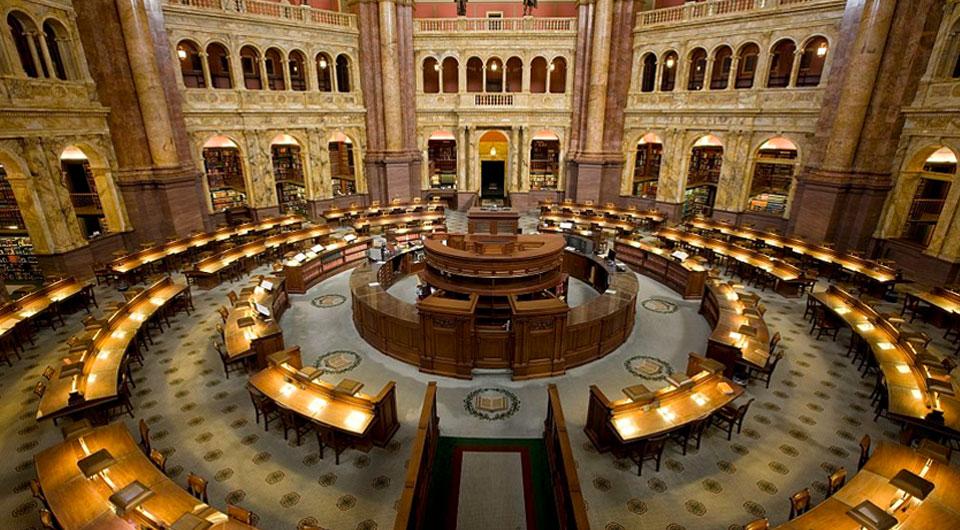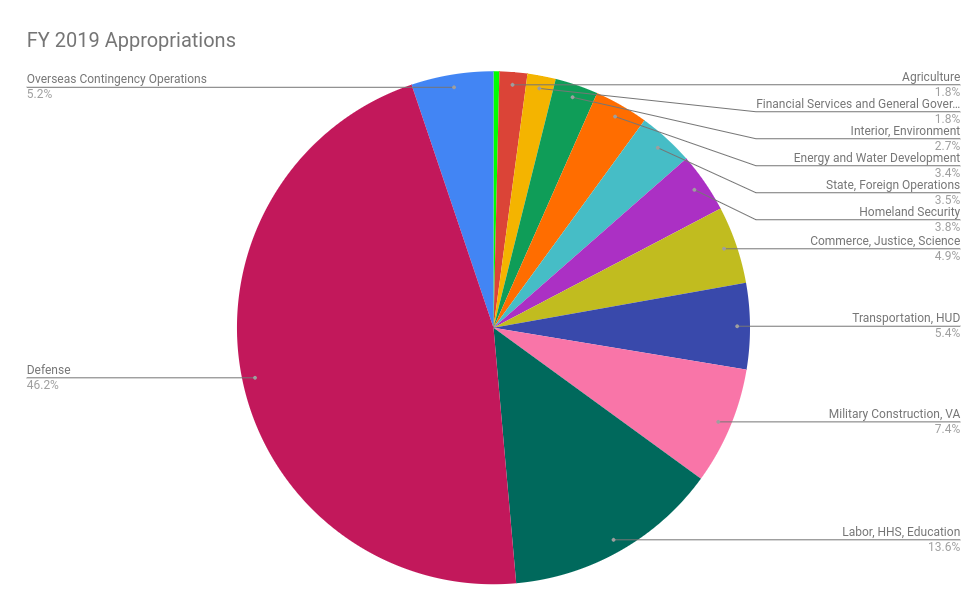After the 2008 financial collapse and subsequent stimulus, the RAT Board — Recovery Accountability and Transparency Board — was established to track itemized spending of $840 Billion disbursed by 29 federal agencies. Funding was tracked by zip code, agency, recipient, and funding category.
Tag: Oversight
Exempt from FOIA, US legislative support agencies follow uneven transparency standards

Around the world, over one hundred nations have adopted freedom of information (FOI) laws that give their publics a right to request records from their governments. While these statutes are riddled with exemptions, marked by political interference, and often light on sanctions for those that block them, FOI laws remain essential tools for democratic governance everywhere they exist.
FOI laws have the greatest impact on transparency and accountability in states and nations where press freedom is strong and independent FOI ombudsmen and courts provide an adversarial venue where requesters can make appeals and challenge denials.
Sweden’s FOI law is the oldest in the world, passed in 1766. It wasn’t until July 4, 1966 that President Lyndon Johnson reluctantly signed the Freedom of Information Act (FOIA) at his ranch in Texas, codifying into law the American public’s right to access information from government agencies in the executive branch.
During the Trump administration, the number of FOIA requests, FOIA lawsuits, and records censored have all reached record levels, driven from a combination of non-responsive agencies, reduced proactive disclosure, and active litigation by civil society groups.
Continue reading “Exempt from FOIA, US legislative support agencies follow uneven transparency standards”Improving Congress and Public Access to OLC Opinions: An Update on Congressional Activity
This blogpost summarizes some recent legislative developments concerning opinions issued by the Justice Department’s Office of Legal Counsel. By way of background, OLC interprets the U.S. Constitution, federal statutes, and federal regulations. For many (but not all) matters within the executive branch, the opinions are considered authoritative. For example, the Department of Justice, as a matter of policy, will not prosecute people who violate the law so long as they are following OLC guidance, and OLC opinions are used to resolve legal disputes between agencies.
Continue reading “Improving Congress and Public Access to OLC Opinions: An Update on Congressional Activity”The Congress’s Edifice Problem
According to the Architect of the Capitol, it will take several billion dollars to keep the Congress from literally falling apart. This, and much more, was the subject of four legislative branch appropriations hearings this past week.
It’s not just the physical infrastructure of Congress that’s eroding, the power of the institution has taken a hit over the years with budget cuts. The result has been executive branch overreach as well as cyber security and IT practices falling miles behind best practices.
The legislative branch appropriations subcommittee in charge of doling out the funds that keep the branch functioning has the smallest pot of money to work with in the federal government: last year its funding was only approximately $4.3 billion, with overall federal spending about 1000x greater at $4.3 trillion.
To put this in context, $1.244 trillion was allocated to the 12 appropriations committees for FY 2019. The amount for the legislative branch is so small you can’t see it on the chart — it’s the bright green sliver. Here’s the amounts from least to greatest: Legislative Branch ($4.8b), Agriculture ($23b), Financial Services ($23b), Interior & Environment ($35.6b), Energy & Water ($44.6b), State & Foreign Ops ($46.2b), Homeland Security ($49.4b), Commerce & Science & Justice ($64.1b), Transportation & HUD ($71.1b), Military Construction & VA ($97.1b), Labor & HHS & Education ($178.1b), Defense ($606.5b). (There’s an additional $77b for “Overseas Contingent Operations,” of which $67.9b went to Defense.)
The House Office of Inspector General Should Publish Information About Its Reports
The House of Representatives has an Inspector General that is authorized to provide independent, nonpartisan investigations into the House’s operations, but over the years that office’s findings have become largely shrouded from public view. In what ways has it become less transparent? How many reports does the office issue and what do they cover?
We looked at all the public records we could find since the IG’s office was created in 1992.
Our findings:
- Initially, many of the House Inspector General’s reports were made publicly available on its website, but now there is very little public information concerning the office’s work.
- While most federal Inspectors General have increased transparency concerning their findings, transparency concerning the House IG has decreased.
- Information about the work of the House Inspector General has been inconsistently made available to the public; we created our own inventory of House IG reports pieced together from publicly available information.
Congressional Transparency Caucus Briefing: Shining a Light on Foreign Lobbying
The Congressional Transparency Caucus will host a briefing on foreign lobbying on July 25th at 2pm in Rayburn 2456. RSVP here.
Rep. Mike Quigley will be giving opening remarks. Panelists will include:
- Carrie Levine, Senior Political Reporter, Project on Public Integrity
- Lydia Dennett, Investigator, Project on Government Oversight (POGO)
- Daniel Schuman, policy director, Demand Progress Action
- Tom Susman, Director of Government Affairs, the American Bar Association
Here is the announcement from Rep. Mike Quigley, caucus co-chair, in his “Dear Colleague” letter.
Continue reading “Congressional Transparency Caucus Briefing: Shining a Light on Foreign Lobbying”
Appropriators to Strengthen Access to Inspectors General Reports
The Senate Appropriations committee provided $2 million to the Council of the Inspectors General on Integrity and Efficiency (CIGIE) to enhance the website Oversight.gov, which provides a central repository for Inspector General reports from dozens of federal Inspectors General.
The website currently is funded through a pass-the-hat mechanism, where each Inspector General kicks in some money to help pay for CIGIE. This appropriation, which is made to the GSA Inspector General but is directed towards CIGIE, is the first time there is a direct appropriation for CIGIE’s work. (Disclosure: we submitted testimony in support of a direct appropriation for Oversight.gov, as did a coalition of organizations coordinated by the Project on Government Oversight.)
While an impressive first step, the Oversight.gov website can be significantly improved, and this will provide the funds to do that. Continue reading “Appropriators to Strengthen Access to Inspectors General Reports”
2019 House FSGG Approps Bill and Transparency
On Wednesday, the House Appropriations Committee favorably reported the Financial Services and General Government Appropriations Act for FY 2019, which contains a few transparency-related measures and a few omissions. (Bill as reported; Committee Report as reported). I’ll address a few of the items:
- Central website for Congressional Budget Justifications
- No direct funding for Oversight.Gov
- DATA Act/ USASpending.gov Implementation
- Undermining Civil Liberties Oversight
- New Technology Investments
- Pushing SEC and Open Corporate Data
- Preventing Easy Tax Filing
Continue reading “2019 House FSGG Approps Bill and Transparency”
Transparency Provisions Inside the FY18 Appropriations Law
 The recently-signed omnibus spending law contains transparency provisions intended to make our federal government just a little more open and accountable. They include: creating a hub for the reports that explain each agency’s federal spending request; a first step towards opening up federal court orders for everyone to read without charge; creating a central repository for reports by the federal Inspectors General; and making reports by the Congressional Research Service available to everyone.
The recently-signed omnibus spending law contains transparency provisions intended to make our federal government just a little more open and accountable. They include: creating a hub for the reports that explain each agency’s federal spending request; a first step towards opening up federal court orders for everyone to read without charge; creating a central repository for reports by the federal Inspectors General; and making reports by the Congressional Research Service available to everyone.
While all these measures are important, the hardest fought is public access to CRS reports. CRS provides non-partisan unbiased explanations of policy matters before Congress, and they make it easier for all of us to have conversations based on the facts.
Continue reading “Transparency Provisions Inside the FY18 Appropriations Law”
Drawing a Line on Mass Surveillance: How Congress Must Reform Section 702
 On Monday, members of the House Intelligence Committee held an open hearing into Russian involvement in the 2016 presidential election that included a discussion of whether the U.S. government improperly surveilled officials or associates of any campaign. During that hearing, members of both parties favorably referred to Section 702 of the FISA Amendments Act, a sweeping piece of intelligence legislation that is up for reauthorization later this year and, in our view, permits significant offenses against Americans’ civil liberties. Section 702 authorizes two truly alarming efforts that must be reformed or ended. Continue reading “Drawing a Line on Mass Surveillance: How Congress Must Reform Section 702”
On Monday, members of the House Intelligence Committee held an open hearing into Russian involvement in the 2016 presidential election that included a discussion of whether the U.S. government improperly surveilled officials or associates of any campaign. During that hearing, members of both parties favorably referred to Section 702 of the FISA Amendments Act, a sweeping piece of intelligence legislation that is up for reauthorization later this year and, in our view, permits significant offenses against Americans’ civil liberties. Section 702 authorizes two truly alarming efforts that must be reformed or ended. Continue reading “Drawing a Line on Mass Surveillance: How Congress Must Reform Section 702”

